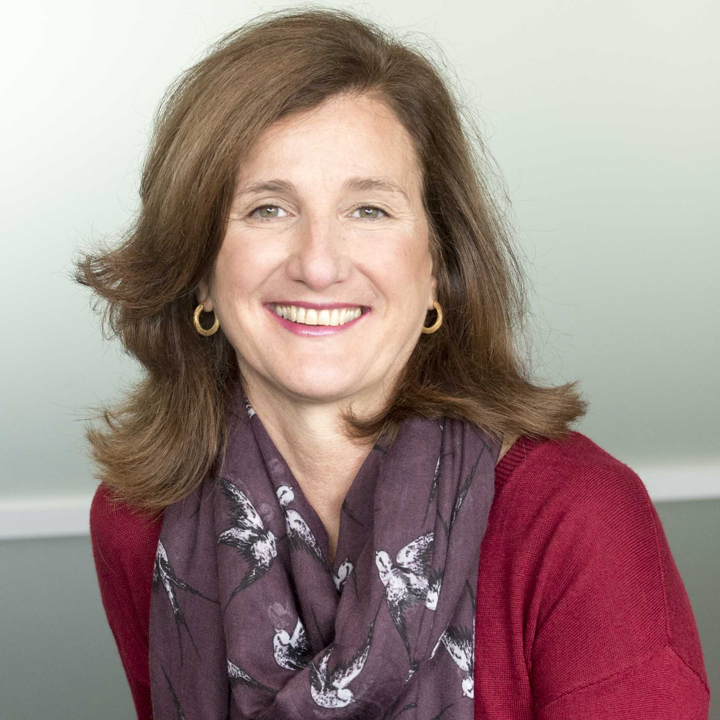
Training Theme Panel
The Training Theme Panel oversees the training remit of the Society, working to encourage, commission, generate and review proposals for face-to-face and online training courses in the biosciences throughout the year.
Terms of Reference
Training Theme Panel
9 members

Professor Luciane Vieira de Mello
Professor Luciane Vieira de Mello
Luciane’s research focuses mainly on Education where she explores teaching approaches helping with student engagement and employability skills development. She acts as the Editor-in-Chief for the Education section of the FEBS OpenBio.
Luciane teaches bioinformatics at undergraduate and postgraduate levels. Her passion for teaching bioinformatics has been recognised by four teaching awards including the 2019 Biochemical Society Teaching Excellence. As part of the Biochemical Society, she leads the Training Theme Panel where she works with bioscientists and other academics across multiple institutions on the development of training in different areas of biochemistry and education. She also delivers training in association with FEBS.
Keywords: Educational Research, Bioinformatics, Skills Development

Dr Clara Correia-Melo
Dr Clara Correia-Melo
Clara recently started as a Group Leader at the Leibniz Institute for Ageing – Fritz Lipmann Institute in Jena, Germany. Her research focuses on the biochemical crosstalk of ageing cells. Clara has a background in Human Pathologic Anatomy, followed by a PhD in Molecular Biology of Ageing at the University of Newcastle (UK), whilst holding a GABBA Fellowship. She then carried out her postdoctoral training at the University of Cambridge & the Francis Crick Institute (UK) and the Charité Medical University Berlin (Germany), exploring the metabolic interactions of microbial communities.
Keywords: Biochemical crosstalk, metabolomics, host-microbiome, ageing, health & disease

Dr Emma Rand
Dr Emma Rand
Emma teaches data analysis and reproducibility in analytic pipelines predominantly to those who do not see themselves as programmers. Teaching students at all levels as well as research professionals, Emma is passionate about developing the bioscience community’s capacity in sustainable software to enable world-class research. Emma runs Cloud-SPAN, a collaboration between the University of York and the Software Sustainability Institute which aims to upskill bioscience researchers in the specialised analyses on Cloud-based High Performance Computing. Emma delivers courses for the Biochemical Society and the international useR and RStudio (Posit) conferences and is a member of R Forwards, the R foundation’s taskforce on women and underrepresented groups.
Keywords: Computational Biology, Bioinformatics, Data Science, Reproducibility, Data Analytics, Genomics, RStats

Dr Lorna Lancaster
Dr Lorna Lancaster
Lorna’s research focusses on the discovery and application of bacteriocins and bacteriophage in the prevention and treatment of infections. She graduated from the University of Strathclyde with a BSc Biochemistry and Immunology followed by a PhD from the University of York in microbial Biochemistry where she discovered her passion for bacteriocins. She continued research at the Universitaet Witten/Herdecke in Germany, followed by a post-doctoral position at the National Institute of Biological Standards and Control.
She began teaching at the University of Lincoln in 2012, firstly in the School of Life Sciences and then moved to the School of Pharmacy. Within her current role, Lorna works with several industry partners to deliver an applied programme for the students.

Dr Kakoli Bose
Dr Kakoli Bose
As a Principal Investigator/Professor at one of the largest cancer research institutes and hospitals in South-East Asia (ACTREC, Tata Memorial Centre), Dr Bose delves into the complexity of the macromolecules involved in apoptotic pathways and explores innovative ways to devise strategies for therapeutic intervention of associated diseases. She manifests her leadership and managerial skills by overseeing the day-to-day activity of the institutional biophysics facility in the capacity of faculty-in-charge as well as many other internal and external governing bodies.
Kakoli graduated from Calcutta University, India with an MSc in Physical Chemistry followed by a PhD in Biochemistry from North Carolina State University, USA where her research focused on the structure-function correlation of enzymes in the programmed cell death pathway. She received her post-doctoral training at Tufts University School of Medicine, Boston, USA where she worked on the structural characterisation of regulatory proteins of human papillomavirus that is associated with cervical cancer. Apart from being a dedicated researcher, Kakoli teaches doctoral courses at her institute and has delivered seminars across the globe in several universities, colleges and schools to popularise science. She has also organised many conferences, including an international INDO-US symposium on Enzymes at her institute. Dr Bose also holds posts on two of the Society's journals, including Editorial Board Member for the Biochemical Journal and Associate Editor for Bioscience Reports. She has received several accolades for her work, such as the National Women Bioscientist Award from Govt. of India in 2015.
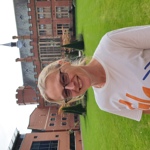
Dr Janet Cronshaw
Dr Janet Cronshaw
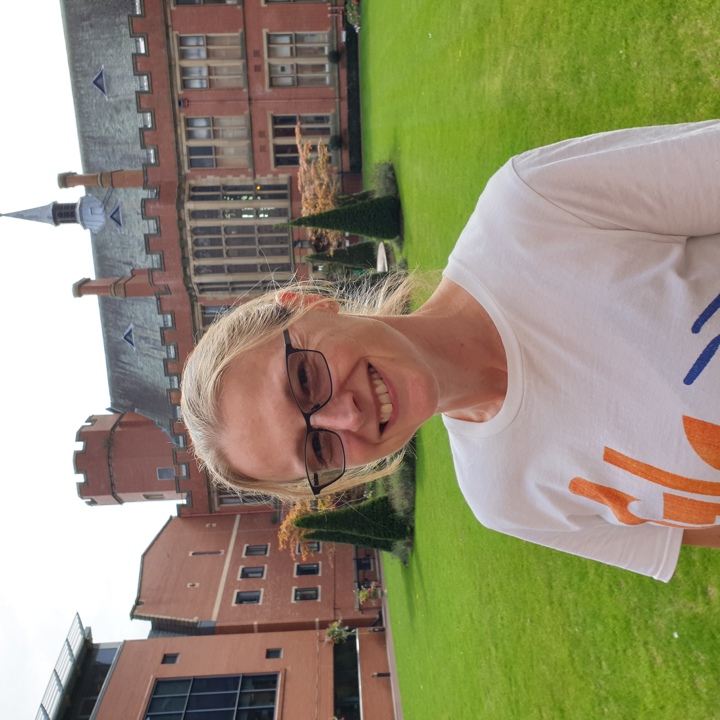
Janet obtained a BA in Zoology from the University of Cambridge and went on to do a PhD at the University of Manchester, focusing on the study of nucleocytoplasmic transport. She continued her interest in this field with post-doctoral research at Johns Hopkins University (Baltimore, USA), identifying novel components of the transport machinery. Following a period of post-doctoral research at the London Research Institute, Janet took a career break to raise a family. She returned to research as a Daphne Jackson Fellow at the University of Sheffield in 2014, investigating a novel pathway of mRNA export.
Since 2016, Janet has been a teaching specialist in the School of Biosciences at the University of Sheffield (with a brief secondment as a project manager) and is now the Head of Assessments and a Senior Fellow of the Higher Education Academy. She is particularly enthusiastic about teaching practical skills and is the lead for Level 1 Molecular Biosciences practicals.

Professor Adam Benham
Professor Adam Benham
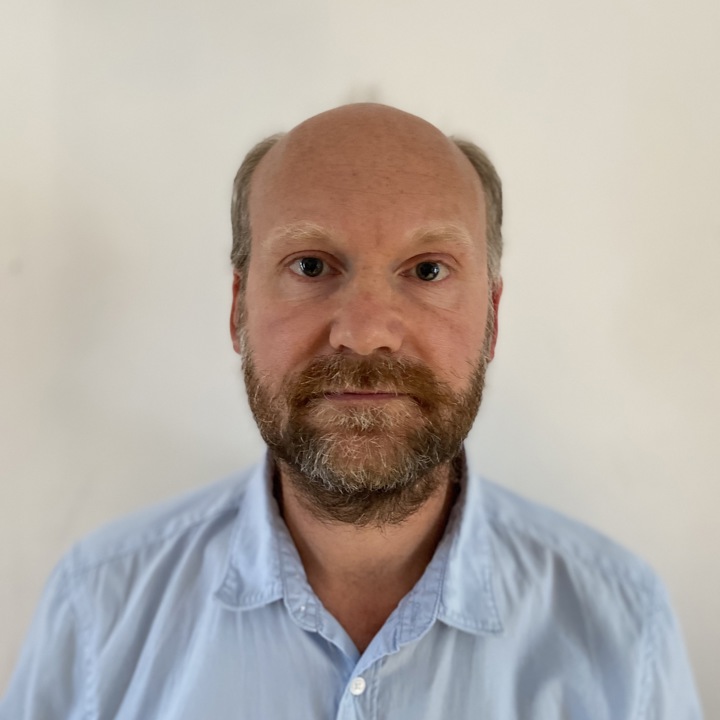
Adam is a Professor within the Department of Biosciences at Durham University in the North-East of England.
Adam's main research interest is in the quality control of proteins at the molecular level in cells and tissues. Within this overarching theme, Adam's laboratory studies how the immune system controls the presentation of antigens from pathogens; and how protein chaperones and oxidoreductases control the transport of secretory proteins from the endoplasmic reticulum.
Adam received an undergraduate degree in Biochemistry from Oxford University, and a PhD in Transplantation Biology from the Institute of Child Health, working with John Fabre. After training as a postdoctoral fellow in the Netherlands, first with Jacques Neefjes at the Netherlands Cancer Institute and then with Ineke Braakman at the University of Utrecht, Adam established a research group at Durham University.
Adam is currently the Director for Postgraduate Studies at the Department of Biosciences, and hopes to bring experience in postgraduate training to develop new opportunities as part of the Training Theme Panel.
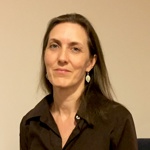
Dr Nicola Wallis
Dr Nicola Wallis
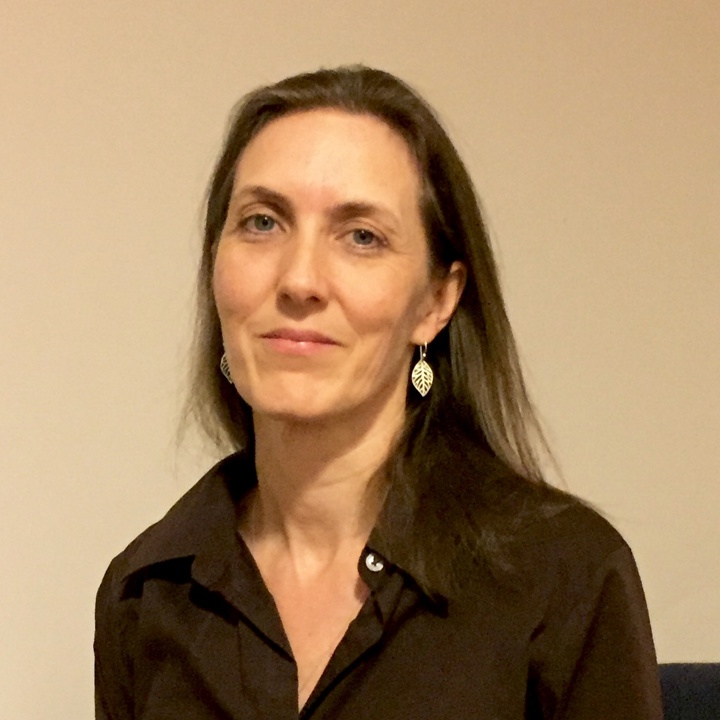
Nicola has over 25 years of industry drug discovery experience, most recently as Senior Vice President and Head of Biology at Astex Pharmaceuticals. Over her time in industry she has contributed to and led many small molecule drug discovery projects across multiple therapeutic areas (Anti-infectives, Oncology, Neurodegeneration), including those which have advanced compounds to the clinic.
She received her degree in Chemistry and PhD in Biochemistry from the University of Cambridge, UK. After a postdoctoral position at the Ecole Polytechnique, Paris, France she moved to industry, working for SmithKline Beecham (later GSK), at both UK and US sites, before joining Astex. She aims to provide an industry perspective on training needs and events/courses to the Biochemical Society.

Dr Raheela Awais
Dr Raheela Awais

